Healthcare in Nigeria has seen significant growth, driven in part by private investment.
As the country struggles with the challenges of providing adequate healthcare to its burgeoning population, private investors have stepped in to bridge the gap, establishing and maintaining some of the largest and most advanced medical facilities in the country.
This feature article explores the top hospitals in Nigeria owned by private investors, detailing their ownership, history, and standard of care offered to Nigerians through ratings.
Hospital: Avon Medical
Who owns it: It is owned by Heirs Holdings, a family-owned investment company founded by billionaire investor Tony Elumelu.
When was it established: It was established in 2003.
Where is it located: The hospital is located in Lagos State, Nigeria although it runs a network of full-service clinics and onsite facilities with corporate institutions across 5 states.
How many bed and ratings: Avon Medical is rated with a 4.1 out of 5 stars.
What they are saying: According to the hospital, its operations are rooted in Africaptalism which says that Africa’s future is dependent on private hospitals to invest long term in healthcare.
Chaired by Dr. Awele Elumelu, a medical doctor and the wife of Tony Elumelu, Avon Medical says it is renowned for its patient-centric approach, offering personalized healthcare services that cater to both individuals and corporate clients.
Services at Avon Medical include comprehensive health assessments, specialist consultations, diagnostic services, and emergency care.
The hospital claims that it also emphasizes preventative care, providing wellness programs and health education to promote long-term health among its patients.
Hospital: Lagoon Hospitals
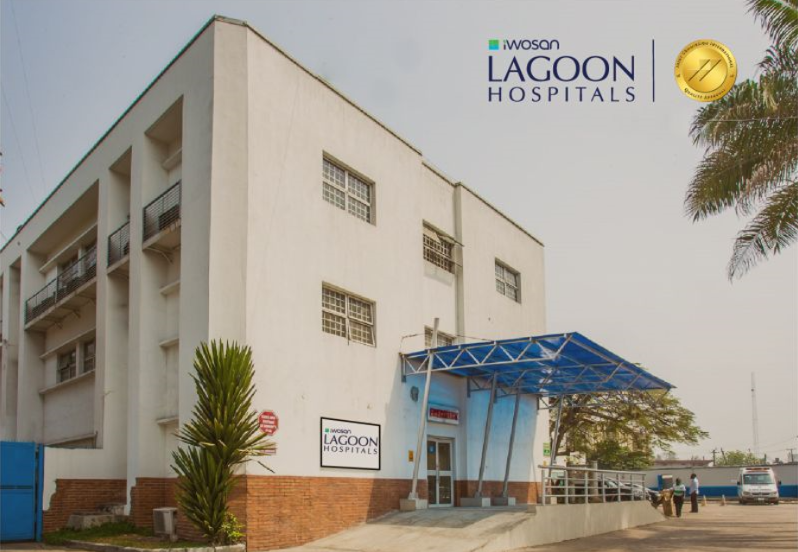
Who owns it: Iwosan Healthcare Investments acquired it in 2021.
When was it established: It was established in 1986.
Where is it located: Lagoon Hospitals are located on both the mainland and island of Lagos state.
How many bed and ratings: Each branch has a distinct bed capacity: The Victoria Island hospital accommodates 27 beds, the Ikoyi Hospital has 53 beds, whereas the Obafemi Awolowo facility offers 40 beds. It has a rating of 3.8 out of 5 stars.
What are they saying: They were the first hospitals in Sub-Saharan Africa to receive accreditation from the Joint Commission International (JCI), a global leader in healthcare accreditation.
Lagoon Hospitals claim they are known for their pioneering efforts in healthcare quality and patient safety.
The hospital’s specialties include orthopedics, obstetrics and gynecology, and intensive care services.
Lagoon Hospitals also stated that it provides telemedicine services, allowing patients to consult with specialists remotely, and expanding their reach beyond Lagos.
Previously owned by the Hygeia Group, Lagoon Hospitals acquired Gold Cross Hospitals in 2017 before it was acquired by Iwosan investments in 2021.
Hospital: Evercare Hospital
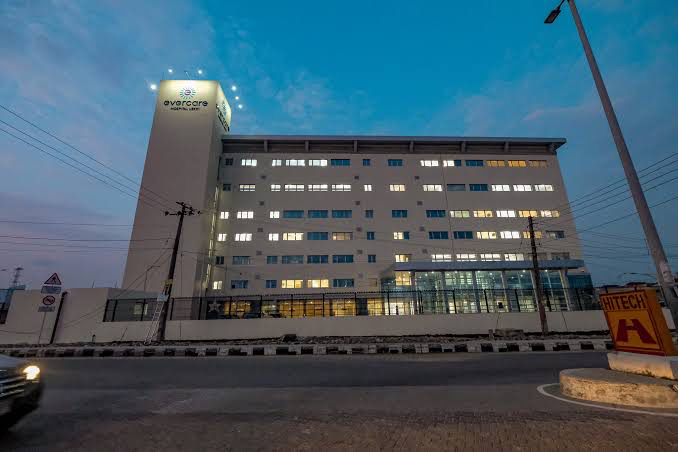
Who owns it: It is a subsidiary of the Evercare Group, owned by the Evercare Health Fund, an emerging markets healthcare fund managed by TPG Capital’s The Rise Fund.
When was it established: It was founded in 2015.
Where is it located: Lagos state, Nigeria
How many beds and ratings: Evercare has 150 beds and a rating of 4 out of 5.
What are they saying: According to our research, the hospital offers a health services across a variety of medical and surgical specialties.
Evercare has stated that it provides a wide range of services from oncology to pediatrics, and its facilities include diagnostic and therapeutic technologies.
The group operates hospitals across Africa and South Asia.
Evercare Hospital said it is designed to meet international standards, with advanced medical equipment and a team of trained healthcare professionals.
The hospital provides specialized services in areas such as cardiology, neurosurgery, gastroenterology, and renal care. The hospital also focuses on medical research and education.
It has an emergency department that provides round-the-clock care.
Hospital: Duchess Hospital
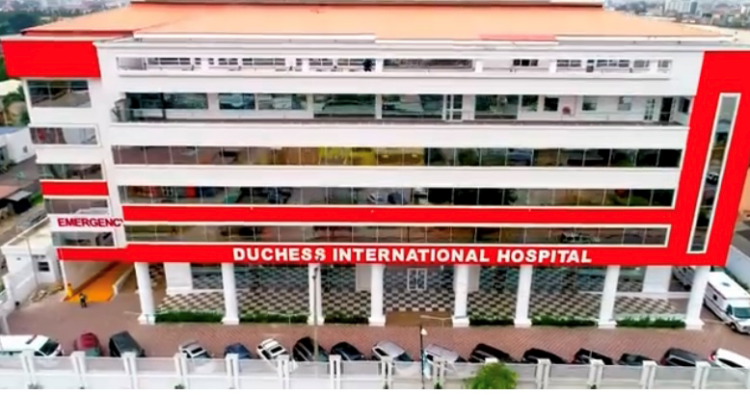
Who owns it: The Reddington Hospital Group owns the Duchess Hospital.
When was it established: It was launched in 2021.
Where is it located: Ikeja GRA, Lagos, Nigeria.
How many beds and ratings: The hospital is a 100-bed facility and has a 4-star rating.
What they are saying: According to the hospital, it delivers primary, secondary and tertiary care across various medical and surgical specialty areas, including interventional radiology, surgical cardiology and laboratory services.
The hospital stated that it is designed to offer a personalised and efficient patient care experience.
It provides a comprehensive range of services includes advanced imaging, minimally invasive surgery, and comprehensive maternal and child health services.
Hospital: Euracare Multi-specialist Hospital
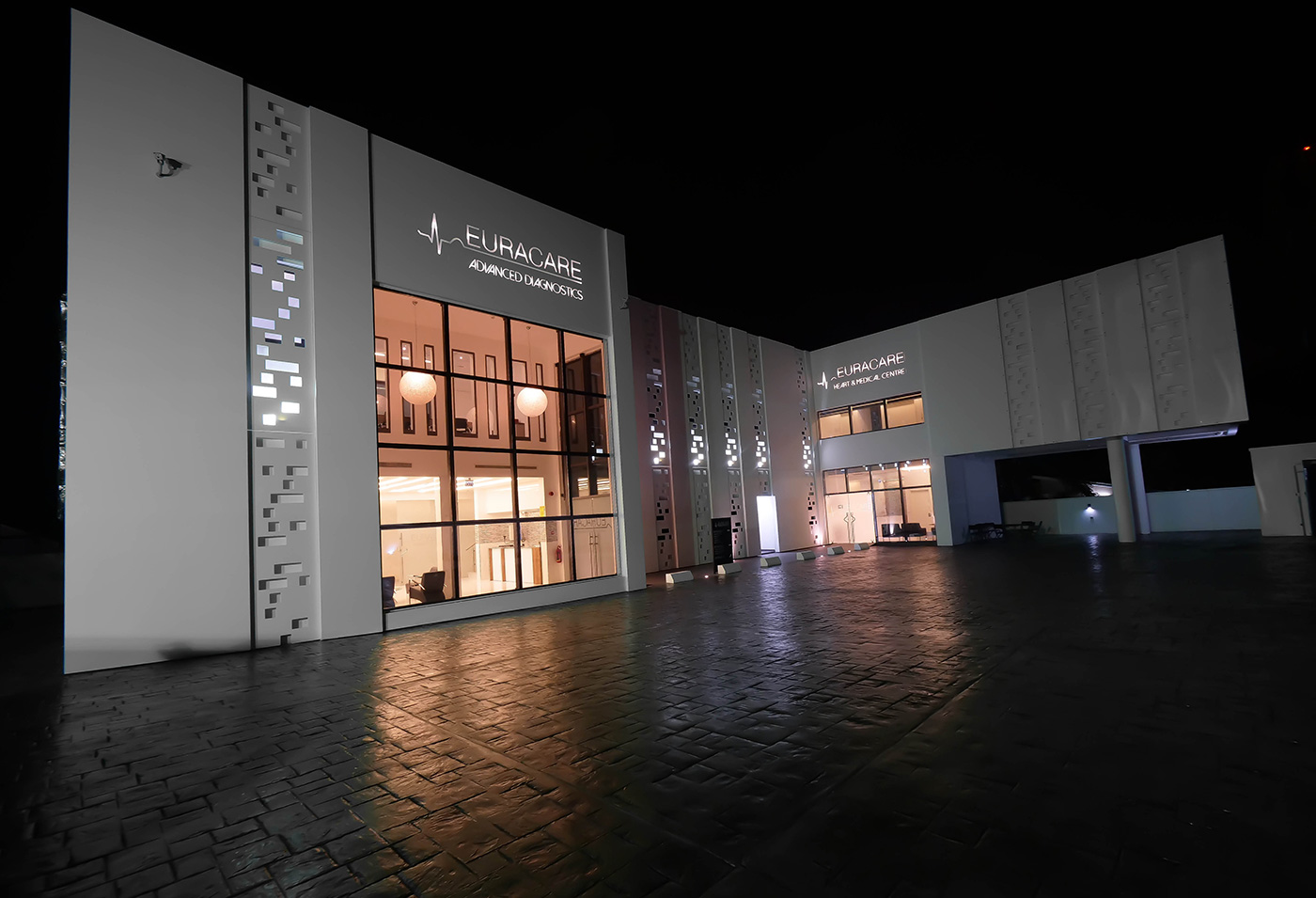
Who owns it: Eurapharma care services– CFAO Group
When was it established: It was established in 2016.
Where is it located: Lagos, Nigeria and Accra, Ghana.
How many beds and ratings: It is rated with a 4.3 out of 5 stars.
What they are saying: According to our findings, Euracare offers medical services across multiple specialties including dermatology and surgeries.
The company stated that it is equipped with advanced technology and staffed by specialists, offering services for complex surgical procedures and advanced diagnostics.
The Hospital also claims to focus on diagnostic imaging, including MRI, CT scans, and nuclear medicine.
The hospital also provides surgical services in areas such as orthopedics, urology, and plastic surgery. Euracare’s is accredited by the International Organization for Standardization (ISO) and its membership in the European Association of Hospital Managers (EAHM).
In addition to the inpatient services, Euracare has an outpatient department for routine and specialized consultations and runs wellness program aimed at promoting preventive healthcare.
Hospital: Nizamiye Hospital
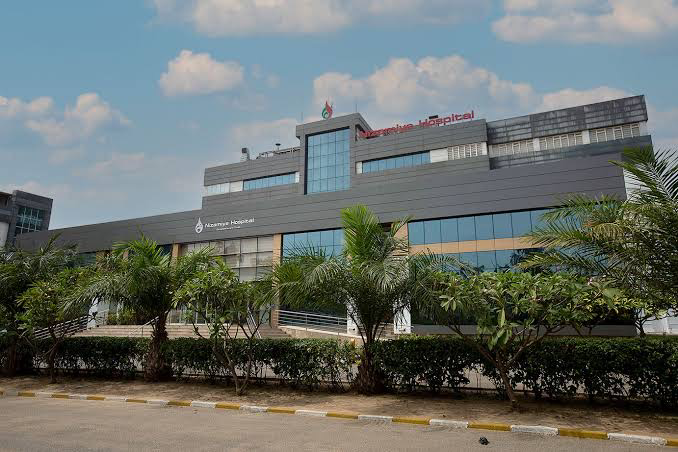
Who owns it: It is owned by The First Surat Group, a consortium of Turkish and Nigerian investors focusing on education and healthcare.
When was it established: It was established in 2013.
Where is it located: Abuja, Nigeria.
How many beds and ratings: It has 55 beds and a rating of 4.3 out of 5 stars.
What are they saying? According to the hospital, Nizamiye is known for its robust pediatric and maternity services, featuring a well-equipped neonatal intensive care unit (NICU) and specialized care for women and children.
Nizamiye Hospital is also recognized for its comprehensive oncology services, including chemotherapy, radiotherapy, and surgical oncology. It is also recognised for its facilities which include advance diagnostic equipment and its team of oncologists and support staff.
Hospital: Primus International Super Specialty Hospital
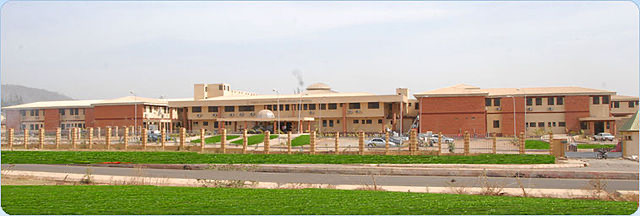
Who owns it: The Primus Group, India
When was it established: It was founded in 2011.
Where is it located: Abuja, Nigeria
How many beds and ratings? The hospital has 120 beds and a rating of 3.9 out of 5.
What are they saying? According to our findings, Primus Hospital is noted for its orthopedic and spine surgery departments, providing surgical interventions and rehabilitation services.
Primus International Super Specialty Hospital has said it is equipped with state-of-the-art facilities, including advanced diagnostic imaging, and a comprehensive rehabilitation center.
It claims to provide comprehensive health check-up packages and wellness programs aimed at early detection and prevention of diseases.
The hospital is accredited by the National Accreditation Board for Hospitals & Healthcare Providers (NABH) and its membership in the International Society for Quality in Healthcare (ISQua).
What you should know
The state of public hospitals in Nigeria has been a matter of concern for many years. Public healthcare facilities often face numerous challenges, including inadequate funding, poor infrastructure, a shortage of medical supplies, and underpaid staff.
- These issues have contributed to a significant disparity in the quality of healthcare between public and private institutions.
- Nigeria’s healthcare system is primarily funded by the government, but the allocated budget is often insufficient to meet the needs of the rapidly growing population.
- This has led to overcrowded hospitals, long waiting times, and inadequate care in many public facilities.
- Furthermore, the brain drain of healthcare professionals seeking better opportunities abroad has exacerbated the shortage of skilled personnel in the country.
- In contrast, private hospitals in Nigeria, particularly those owned by well-funded investors, have managed to provide higher standards of care.
- The involvement of private investors in the healthcare sector has brought significant improvements and innovations. They have established advanced medical facilities that offer a wide range of specialized services.
- However, the reliance on private healthcare highlights the need for substantial reforms in the public healthcare system.





